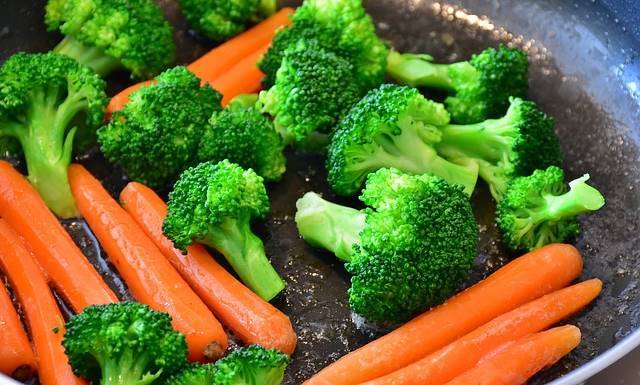Why does the sense of taste decrease while flying?
When you board an airplane and settle in for a meal, you might notice that the food tastes less flavorful than it would on the ground. This phenomenon isn’t just about airline food quality; scientific factors significantly impact your sense of taste at cruising altitudes. Let’s explore why your taste buds seem to go on vacation when you’re flying.
1. Cabin Pressure: The Altitude Effect on Taste Buds
Airplanes are pressurized to simulate conditions at about 8,000 feet above sea level. While this ensures passenger safety and comfort, it comes at a sensory cost. Studies have shown that reduced air pressure can diminish sensitivity to sweet and salty flavors by up to 30%. This is because lower pressure affects your body’s ability to perceive these tastes fully.
2. Dry Air: The Hidden Culprit Behind Bland Food
Airplane cabins are notoriously dry, with humidity levels hovering around 10-20%—much lower than what your body is accustomed to. This lack of moisture dries out your mouth and reduces saliva production, which is essential for dissolving food particles and delivering flavor to your taste receptors. Combined with the pressurized cabin, this creates the perfect storm for muted taste perception.
3. Noise and Vibrations: Surprising Factors in Taste Perception
Airplane cabins are filled with ambient noise, ranging from the hum of engines to the chatter of passengers. Research has found that constant exposure to loud noise and vibrations can reduce your ability to taste sweet and salty flavors. The brain processes sensory inputs differently in such conditions, which impacts your overall dining experience mid-flight.
4. Why Airline Food Tastes Different
The flavor profile of airline meals is specially designed to compensate for these sensory challenges. For instance, dishes are often spiced or salted more than usual to make up for the diminished taste perception. However, even with these adjustments, the unique environmental factors of air travel often leave food tasting less satisfying than it would at sea level.
5. How to Enhance Your Taste Experience While Flying
- Stay Hydrated: Drink plenty of water to combat the dehydrating effects of cabin air.
- Bring Snacks: Consider packing flavorful snacks that you enjoy on the ground.
- Chew Gum: Chewing gum can help stimulate saliva production and keep your mouth moist.

Conclusion
The diminished sense of taste while flying is not just a myth—it’s a scientifically backed phenomenon caused by cabin pressure, dry air, noise, and vibrations. While airlines try to adapt meals for these unique conditions, understanding the factors at play can help you adjust your expectations and make the most of your in-flight dining experience.
References for this article
- Lufthansa. (n.d.). Taste in the Sky. Retrieved from https://www.lufthansa.com/content/dam/lh/documents/magazin/PDF/2003_06_Essen_und_Trinken_eng.pdf
- MedlinePlus. (2020, November 10). Dry Mouth. Retrieved from https://medlineplus.gov/drymouth.html
- Panjabi, M. (2016). The Physiology of Airline Cabin Atmospheres. Aviation, Space, and Environmental Medicine, 87(5), 466–470. doi: 10.3357/asem.4485.2016
- Spence, C., & Piqueras-Fiszman, B. (2014). The multisensory perception of flavor. Consciousness and Cognition, 19, 901–908. doi: 10.1016/j.concog.2014.03.018
- van Hoof, J., Stanney, K. M., & Salvendy, G. (2005). Human Factors of Flight-Deck Performance. Taylor & Francis.
- www.aviationfile.com


